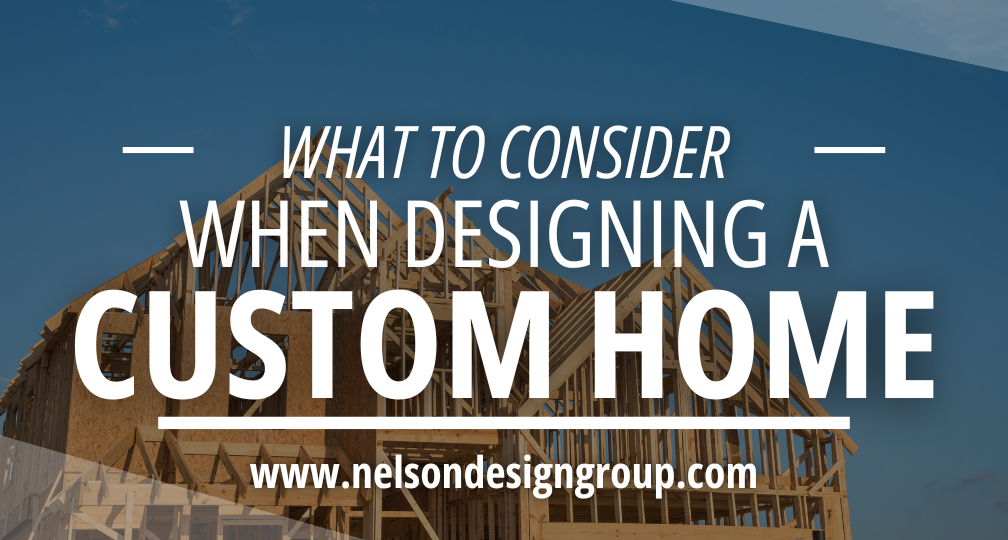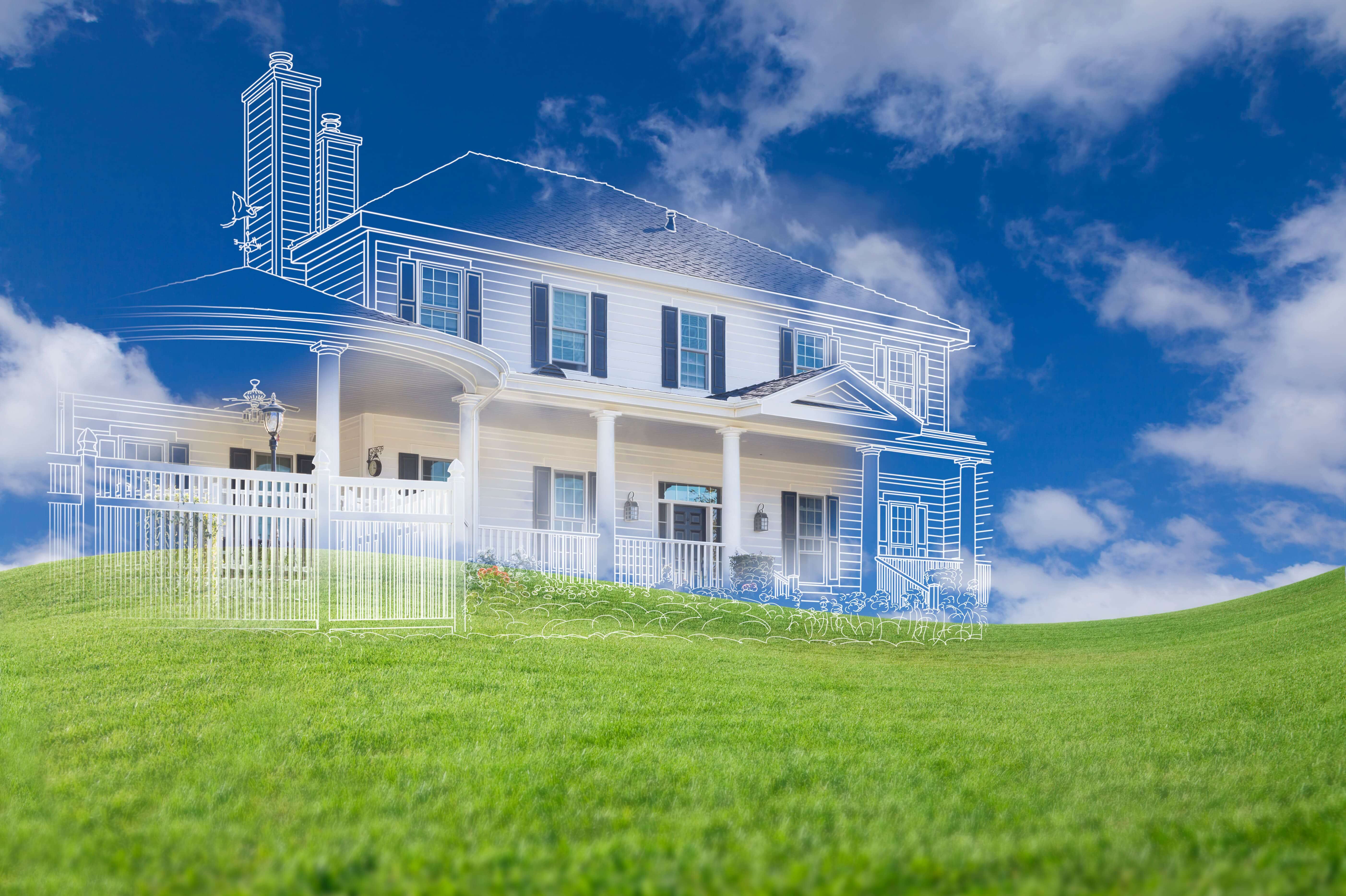What to Consider When Designing a Custom Home

What to Consider When Designing a Custom Home
Published at June 19 2025 by Bethany Pace
What to Consider When Designing a Custom Home
Designing a custom home is an exciting journey that offers the opportunity to create a living space tailored uniquely to your lifestyle, preferences, and dreams. Whether you envision a cozy cottage or a sprawling estate, the design phase is crucial in translating your ideas into a blueprint for your future home. This guide delves into the essential considerations you should keep in mind when looking to design a custom home, ensuring that every detail aligns with your vision.
Understanding Your Needs and Lifestyle
Before you sketch out any plans, consider how your lifestyle will influence the design of your home. Think about your family's needs—both current and future—and how your home can accommodate those needs. For example, if you love entertaining, you might want an open-plan kitchen and dining area. Alternatively, if you work from home, a quiet office space might be essential.
Site Considerations
The location of your property can significantly impact your home design. Consider the topography, climate, and any unique features of the land. A good design integrates the home seamlessly with its surroundings, maximizing views, natural light, and privacy. Orientation is also critical; positioning your home to take advantage of the sun’s path can enhance energy efficiency and comfort.
Architectural Style
Choosing an architectural style for your home is more than just an aesthetic decision; it influences the materials, construction techniques, and even the layout. Whether you are drawn to the modern lines of contemporary architecture or the warm, detailed charm of a Craftsman-style home, ensure your style choice reflects your personal taste and complements the neighborhood.
Functional Layout and Flow
The layout of your home should facilitate a natural flow between rooms, balancing open spaces with private areas. Consider the placement of bedrooms, bathrooms, and living areas in relation to each other. Effective design eliminates unnecessary hallways and corridors, using space efficiently and creating comfortable, accessible living areas.
Maximizing Energy Efficiency
Designing a custom home provides an excellent opportunity to incorporate energy-efficient solutions. Considerations include well-insulated walls, energy-efficient windows, and sustainable materials. Additionally, technologies like solar panels, smart thermostats, and energy-efficient appliances can reduce your home's environmental footprint and save on utility bills.
Personalization and Aesthetic Details
While functionality is key, the aesthetic details make a house feel like home. Choose finishes, colors, and fixtures that resonate with your style. This is your chance to think creatively about features that can enhance your daily life, such as custom cabinetry, unique lighting fixtures, or built-in storage solutions.
Zoning Laws and Building Codes
Understanding local zoning laws and building codes is crucial when designing a custom home. These regulations can affect various aspects of your design, such as the size and height of the building, setback requirements, and even certain aesthetic choices. Early consultation with local authorities can help ensure that your design meets all legal requirements, preventing costly modifications later.
Lighting and Electrical Planning
Effective lighting design can significantly enhance the ambiance and functionality of your home. Consider the types of lighting that will complement each space, such as task lighting in the kitchen, ambient lighting in living areas, and accent lighting to highlight architectural features or artwork. Additionally, thoughtful planning of electrical outlets will accommodate current and future needs for appliances and technology.
Acoustics and Soundproofing
If privacy and noise control are priorities, incorporating soundproofing measures into your design is essential. This can be particularly important in multi-story homes or those in noisy neighborhoods. Options include using special acoustic materials in walls, floors, and ceilings, as well as strategically placing rooms that require quiet, such as bedrooms and offices, away from noise sources.
Sustainability and Eco-Friendly Materials
As environmental awareness increases, more homeowners are choosing to incorporate sustainable practices into their home designs. This includes selecting eco-friendly building materials and construction methods that reduce environmental impact. Features such as rainwater harvesting systems, grey water recycling, and native landscaping can also be considered to enhance sustainability.
Technology Integration
Today's homes are more technologically advanced than ever. Planning for integrated technology solutions, such as home automation systems that control lighting, temperature, security, and entertainment systems, can provide convenience and increase the home's efficiency. Consider the infrastructure needed to support these technologies, including wiring and network requirements.
Landscape and Outdoor Living
The exterior of your home and landscaping should be considered as part of the overall design. Planning for outdoor living spaces such as patios, gardens, and outdoor kitchens can extend your living space and add to the enjoyment of your home. Consider how the indoor spaces will connect with the outdoors, incorporating elements such as large windows, decks, and sliding doors.
Future Proofing
Design your home with the future in mind. Flexible spaces that can evolve as your life changes—such as a spare room that can be a nursery or later a study—are invaluable. Consider aging-in-place features like wider doorways and one-story living options if you plan to make this your lifelong home.
Integrating Nelson Design Group’s Expertise
As you contemplate these aspects of home design, Nelson Design Group stands ready to assist with our expertly crafted house plans and design insights. Our wide range of custom house plans is perfectly suited to jumpstart your design process. Explore our exclusive plans by style or collection.
- MEN Collection: Dive into the Michael E. Nelson House Plan Collection for innovative designs that blend functionality with style.
- SMN Collection: The Seth M. Nelson Plans offer contemporary solutions, emphasizing modern living and aesthetic precision.
- NDG Collection: Experience the variety within the Nelson Design Group Collection, showcasing our commitment to diverse architectural styles and client-centered design solutions.

Explore Custom House Plans from Nelson Design Group
Designing a custom home is a unique and personal journey. It requires careful thought and planning to ensure that the final product is a place you are proud to call home. As you consider your options, let Nelson Design Group guide you through the world of custom house plans. With our extensive collections and expert advice, we are equipped to help you design a home that truly reflects your vision. Contact us today to explore how our resources and expertise can bring your dream home to life.
FAQs
What are the first steps in designing a custom home?
Begin by defining your lifestyle needs and budget. Consult with an architect or a designer to discuss your vision and review local zoning laws and building codes that might affect your design.
How do I choose the right style for my custom home?
Consider the styles that appeal to you and examine how they blend with the surrounding neighborhood. An architect can help you understand the implications of each style in terms of materials and costs.
How can Nelson Design Group help in designing my custom home?
Nelson Design Group offers a wide range of custom house plans that can be modified (at an extra cost) to meet your specific needs. Our collections provide diverse architectural styles and layouts to start your design process.
How do I choose the right designer or architect for my custom home?
Look for professionals with experience in the type of home you want to build. Review their portfolios, check references, and ensure they have a good understanding of local building codes and design trends. Our team can help connect you with a trusted architect in our network.